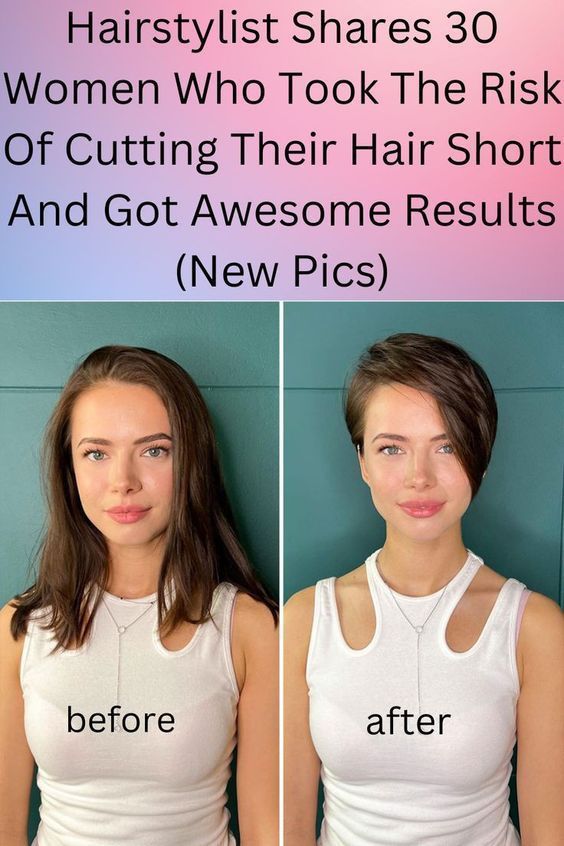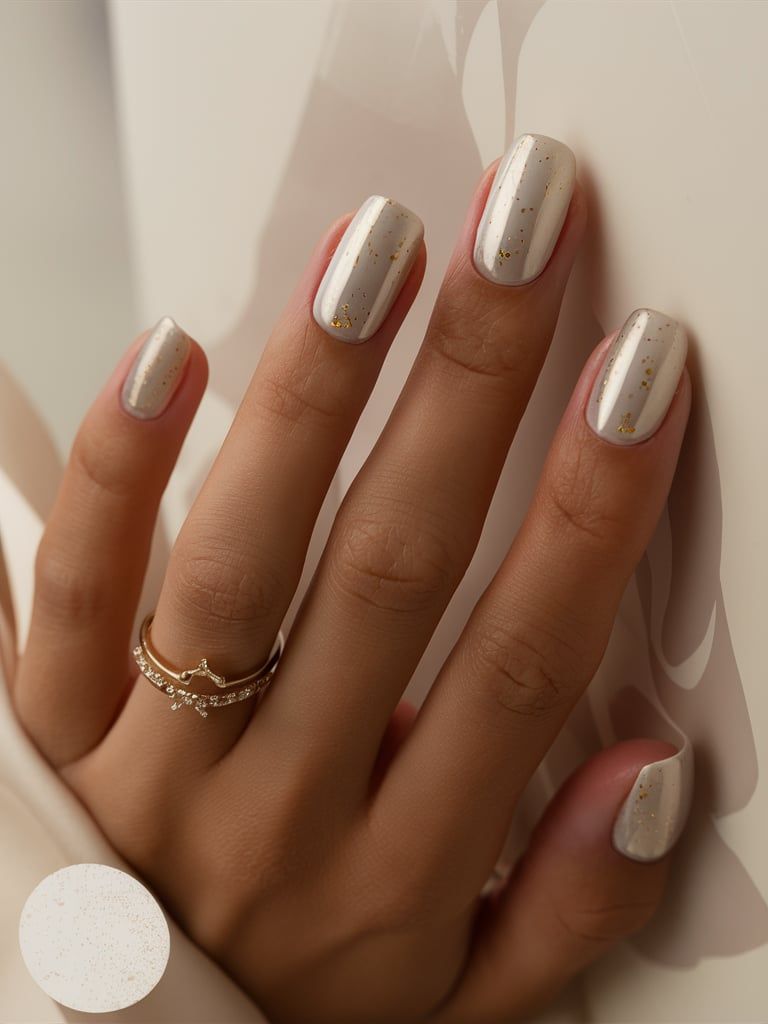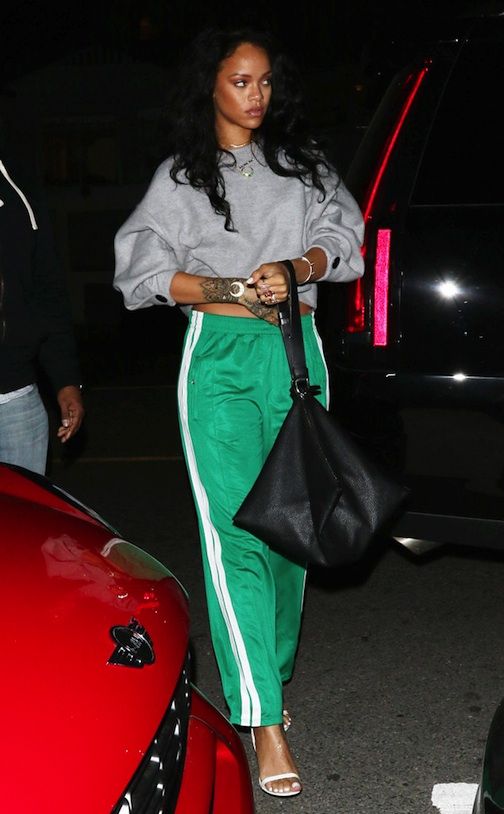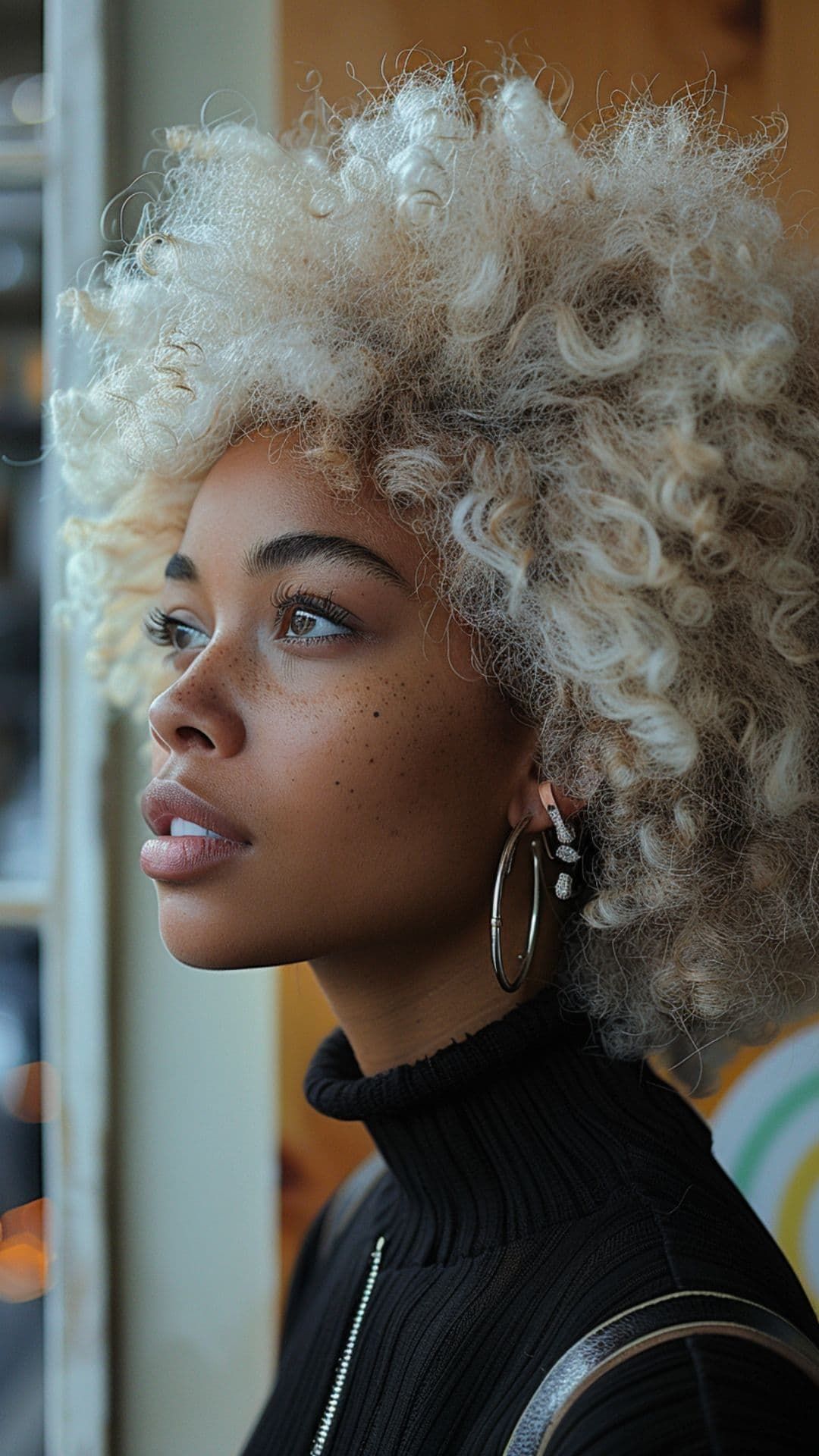The importance of hair in defining femininity
Many women have been taught to believe that their worth is based on their femininity, and one of the key components of femininity is hair. Hair is often seen as a symbol of beauty and attractiveness, and is therefore used as a way to gauge a woman’s worth. This can be seen in the way that women are often judged based on their hair, whether it’s the length, color, texture, or style.
- Impacts of hair on a woman’s self-esteem
- Historical significance of hair in defining femininity
- Societal standards and expectations placed on women’s hair
Impacts of hair on a woman’s self-esteem
For many women, their hair plays a significant role in their self-esteem. Hair is often seen as a symbol of femininity and beauty, and when a woman’s hair doesn’t meet societal standards of beauty, it can have a negative impact on her self-esteem. This can lead to feelings of inadequacy and low self-worth, as women feel pressured to conform to certain hair standards in order to be considered attractive.
- Pressure to conform to beauty standards
- Emotional toll of feeling inadequate
- Challenges in embracing natural hair
Historical significance of hair in defining femininity
Hair has historically been used as a way to define femininity and beauty. Throughout history, women’s hair has been seen as a symbol of power, sexuality, and desirability. From ancient times to modern day, women have been expected to conform to certain beauty standards related to their hair in order to be considered attractive. This has perpetuated the idea that a woman’s worth is based on her appearance, particularly her hair.
- Evolution of beauty standards related to hair
- Social and cultural influences on hair trends
- Intersection of race, gender, and hair politics
Societal standards and expectations placed on women’s hair
Society places a great deal of emphasis on women’s hair and how it is styled. Women are often expected to have long, thick, shiny hair that conforms to traditional standards of beauty. This puts pressure on women to spend time and money on grooming and styling their hair in order to meet these standards. Additionally, women who choose to embrace natural hairstyles that don’t fit these traditional beauty standards may face discrimination or criticism for not conforming to societal expectations.
- Stigma surrounding non-traditional hairstyles
- Financial burden of maintaining hair appearance
- Movement towards inclusivity and acceptance of diverse hairstyles
In conclusion, hair plays a significant role in defining femininity and can have a major impact on women’s self-esteem. It’s important for society to recognize that a woman’s worth should not be based on her hair, and to challenge the narrow beauty standards that have been placed on women for centuries. By embracing diverse hairstyles and encouraging women to feel confident in their natural hair, we can help break free from the damaging idea that a woman’s appearance defines her value as a person.
You can review our digital products by following us on Etsy.





